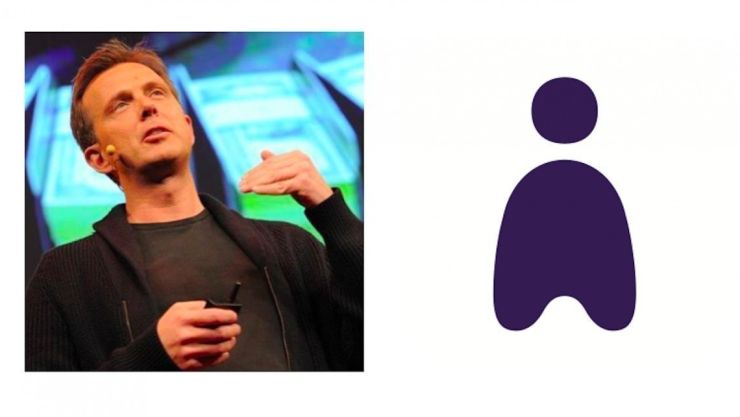The future of payments interview with Bill Barhydt, Founder and CEO of Abra
Highlights
- The hurdles preventing instant global P2P payments, including Banking, Technology and Liquidity - and how Abra has solved these problems through the use of bitcoin.
- How Abra is minimising it's financial regulation burden in 200 different countries (and saving $500m in the process)
- Banking and international payments in five years time
Access the Full 10,000 Word Interview for Free Here
Table of Contents
- Why Abra Was Founded
- Three Obstacles: Banking, Technology and Liquidity
- How Abra Solves that Problem
- Connecting Digital Currency Exchanges Worldwide Creates Liquidity
- How It Works for the Banked Consumer
- Abra Tellers – Providing Access to the Unbanked
- Hedging the Bitcoin Risk
- The Abra Business Model
- How Abra Makes Money
- Who is the Typical Abra Customer?
- How Abra Will Grow Its Customer Base
- How does Regulation Impact Abra?
- Where Abra Spends Its Money
- What Role Will Banks Have in 5 Years?
- What Competition Keeps Abra Up At Night?
- How Are You Thinking About Other P2P Networks?
- Abra in 5 Years Time 20
- Moneygram Bidding War
- What Metrics Do You Measure Your Business By?
Why Abra Was Founded
Daniel Webber: What inspired you to start Abra? What was the driving force?
Bill Barhydt: That’s probably the easiest question of all. I started Abra because I feel that there is a very strong need to have a mobile platform that would allow consumers to send cash between any two smart phones. There are dozens of domestic peer to peer services cropping up in every country in the world, but there is no one service that allows consumers to use their smartphones to send money person-to-person across borders in a similar fashion. And there’s lots of reasons for that, from technology to banking to liquidity. We believe, and I believe very strongly that the time is now for a service like this (Abra) and that ultimately commerce is the tide that raises all boats and access to commerce is instrumental in making capitalism work. It’s something that I’ve been really passionate about for decades, trying to figure (this problem) out and I think with Abra, we’ve finally been able to do it.
Three Obstacles: Banking, Technology and Liquidity
Daniel Webber: You mentioned three things here - banking, technology and liquidity. Let’s take them in order, starting with banking. Can you talk through what you’ve seen as the trends and changes in banking that have meant it’s the right time for Abra, and obviously your offering kind of helps solve that?
Bill Barhydt:
...
For the full in-depth 10,000 word interview, please submit your email below and we'll send insights on the future of the space.
FXcompared Intelligence's Research Team is dedicated to bringing its followers the most in-depth research and analytics in the international payments industry. Our CEO interview series provides an opportunity for members of the FXcompared Intelligence community to learn about what others are doing in the space, keeping our audiences both informed and inspired by the advancements of banking technology.
Do you have something to share with the international payments community? Or is there someone you think could contribute to the conversation? Get in touch with our Communications Manager, Andrea Barnes - andrea@fxcompared.com
